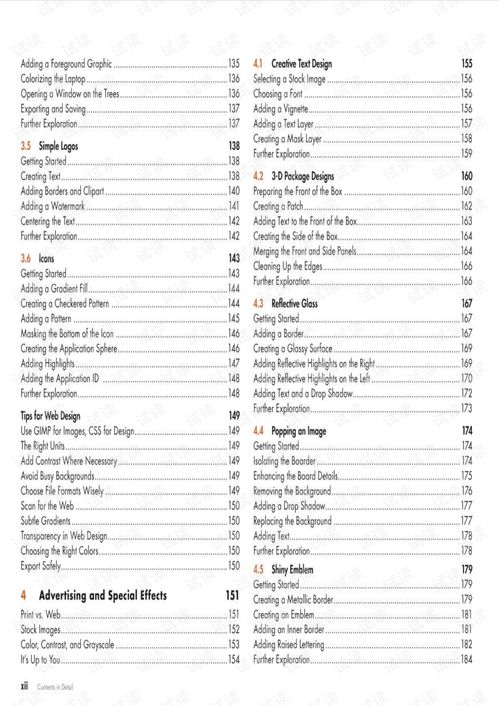Content:
Winter is a magical time of year, especially for anglers who love to fish in the snow. The serene beauty of a snow-covered landscape offers a unique and peaceful experience. However, fishing in the snow can be challenging due to the cold weather and the fact that fish may be less active. To help you make the most of your winter fishing adventures, here are some essential tips for fishing in the snow.
Dress Appropriately
The first and most important tip for fishing in the snow is to dress warmly. The cold weather can be extremely uncomfortable and even dangerous if you're not properly dressed. Wear a layer of thermal underwear, a waterproof jacket, and insulated pants. Don't forget to protect your extremities with gloves, a hat, and a scarf. Investing in a good quality winter fishing jacket and boots can make a significant difference in your comfort level.
Choose the Right Spot

When fishing in the snow, it's crucial to find a spot that offers good access and protection from the wind. Look for areas that are sheltered from the wind, such as coves, bays, or behind rocks. These spots are more likely to hold fish during the winter months. Additionally, consider fishing in deeper waters, as fish tend to congregate in deeper areas during cold weather.
Use Live Bait
During the winter, fish may be less active and more conservative in their feeding habits. To increase your chances of catching fish, use live bait such as minnows, worms, or leeches. Live bait is more likely to attract fish and can be more effective than artificial lures. Ensure that your bait is lively and well-cared for to make it more appealing to fish.
Adjust Your Technique
When fishing in the snow, it's important to adjust your technique to account for the cold weather. Fish may be less active, so be patient and give your bait time to work. Keep your line tight and use a slower retrieve to imitate the natural movement of the bait. Additionally, consider using a heavier line to ensure that your bait reaches the bottom effectively.
Keep Your Gear in Good Condition
Cold weather can be harsh on fishing gear, so it's essential to keep your equipment in good condition. Inspect your rod, reel, and line for any signs of wear and tear. Replace any damaged components to prevent them from failing during your fishing trip. Additionally, store your gear in a warm, dry place when not in use to prevent rust and corrosion.
Be Prepared for the Unexpected
Fishing in the snow can be unpredictable, so it's important to be prepared for the unexpected. Bring extra clothing, food, and water, as well as a first-aid kit. Make sure your cell phone is charged and that you have a way to signal for help if needed. Always inform someone of your fishing plans and expected return time.
Practice Catch and Release
During the winter, fish may be more vulnerable to stress and injury. To help protect these delicate creatures, practice catch and release whenever possible. Use a dehooking tool to avoid damaging the fish's mouth and gently release it back into the water after you've taken a photo or two.
Stay Informed
Before heading out on your winter fishing trip, stay informed about the weather conditions and fishing regulations. Check the local weather forecast and be aware of any potential hazards, such as ice buildup or extreme cold. Additionally, familiarize yourself with the fishing regulations in your area to ensure that you're following the rules.
By following these tips, you'll be well-prepared to fish in the snow and enjoy a successful winter fishing adventure. Remember to dress warmly, choose the right spot, use live bait, and adjust your technique to account for the cold weather. With a bit of patience and perseverance, you'll be able to catch some impressive fish even in the coldest months of the year. Happy fishing!












